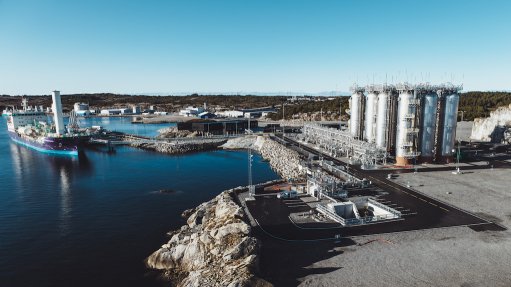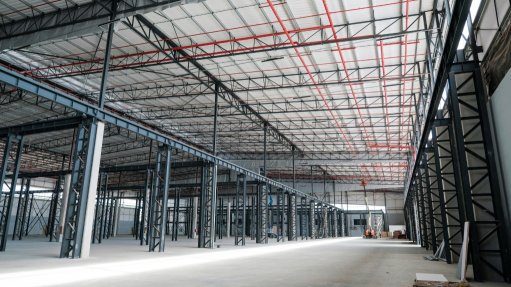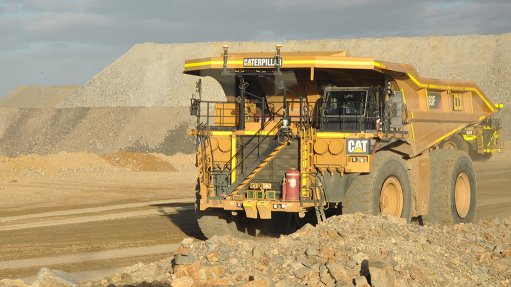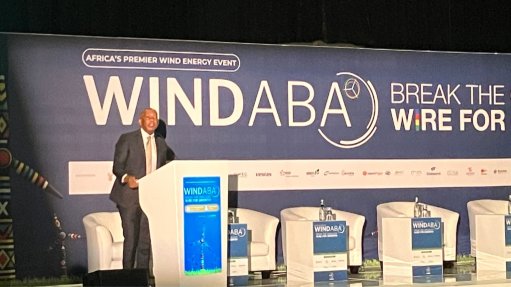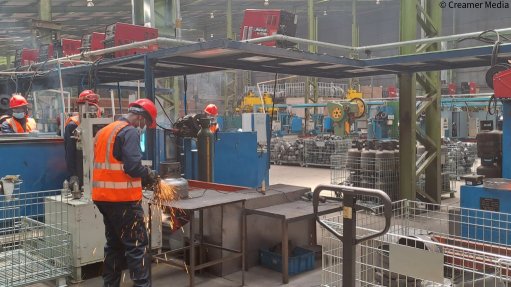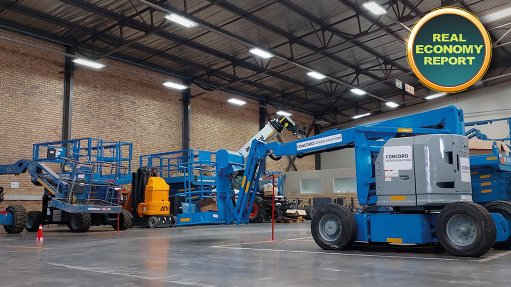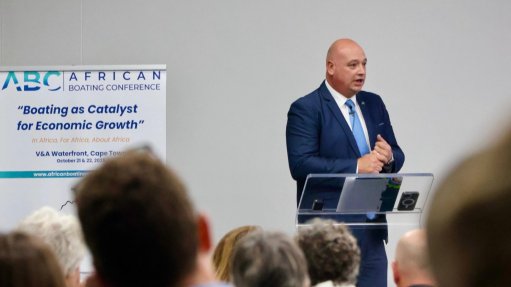Tribunal dismisses price fixing cartel case against five LPG firms
The Competition Tribunal has dismissed a case of alleged price fixing against five liquefied petroleum gas (LPG) firms accused by the Competition Commission of having contravened Section 4(1)(b)(i) of the Competition Act by fixing the deposit fee charged to first-time buyers of LPG in cylinders in 2015.
Following a hearing last year, and after considering factual and expert evidence, the tribunal has found that the conduct the LPG firms are accused of cannot be associated with a “hardcore cartel”.
The tribunal has found that even if the LPG firms were assumed to be competitors for the supply of cylinders, their conduct is not the type of conduct envisaged to be prohibited by the Act.
ARGUMENTS
The commission alleged that during South African Petroleum Industry Association (Sapia) meetings, Totalgaz Southern Africa, Oryx Oil South Africa, Easigas and African Oxygen Limited concluded an agreement to increase the deposit fees on LPG cylinders for first-time buyers, in contravention of the Act.
The alleged agreement resulted in the firms simultaneously increasing the deposit fee paid by first-time buyers for cylinders around June 2015, to R300 for cylinders ranging in sizes of 9 kg to 48 kg.
The commission alleged further that KayaGas engaged in a concerted practice by increasing the deposit fee to R300.
The LPG firms argued that the decision to adopt the same increase in the cylinder deposit fee was not owing to them being competitors but, rather, was owing to the “vertical relationship” between them, that is, the relationship between a firm and its suppliers, its customers or both, as participants in the Cylinder Exchange Programme (CEP).
Thus, they argued, they could not be found to have contravened the Act, which prohibits firms that are competitors from entering into or participating in agreements or concerted practices which involve conduct such as price fixing.
The commission had thus not met the essential threshold requirement for Section 4(1)(b), namely that they were competitors in the supply of LPG cylinders.
In addition, they argued that even if the tribunal found that the LPG firms were competitors in the supply of cylinders, the CEP delivered benefits to consumers and/or new/smaller entrants to the market and was not designed to restrict competition in the sale of LPG. Rather the CEP facilitated the increased sale of LPG by a rapid return of cylinders to each wholesaler and necessitated a uniform deposit fee for its smooth functioning. They further argued that this was not the type of conduct that, properly characterised, is contemplated within the scope of Section 4(1)(b) of the Act which prohibits hardcore cartels.
REASONS
The tribunal adopted the approach that even if it was assumed, for argument’s sake, that the deposit fee was a component of the price of LPG and the respondents were competitors when they increased the deposit uniformly at the same time, their conduct is not the type of conduct envisaged to be prohibited by Section 4(1)(b)(i).
This is because the tribunal has found that the CEP does deliver benefits to consumers and firms alike.
“Once first-time buyers have paid their cylinder deposit, they have the convenience of purchasing LPG from any supplier in exchange for an empty cylinder. Firms benefit from the CEP because they save on working capital and variable costs and they can sell more LPG because cylinders are returned to them more quickly.
“Small firms tend to gain the most from the CEP because they need not invest in a vast distribution network, are able to piggy-back on the larger players and compete for market share. A uniform fee is necessary for the effective functioning of the CEP.
“A uniform fee facilitates the smooth administration for the exchange of cylinders and serves to prevent increases in costs for wholesalers relative to their competitors. It also serves to prevent a cash flow crunch for smaller players. The Respondents have explained why a uniform fee limits opportunistic hoarding and prevents lower fee cylinders from being disproportionately targeted by illegal re-fillers.
“Even if we were to assume in the worst-case scenario – namely that the deposit was a component of the “price” of LPG and the respondents were in a horizontal relationship – there are clear benefits flowing from the CEP for both consumers and firms in the CEP. A uniform fee within the CEP delivers benefits to both consumers and firms alike,” the tribunal says.
In conclusion, the tribunal notes that this type of conduct could fall within the ambit of Section 4(1)(a) of the Act.
“Recall that Section 4(1)(a) does not prohibit agreements, arrangements, understandings or concerted practices among competitors on a per se basis. It is a rule of reason provision, where a substantial lessening of competition may be outweighed by procompetitive gains.
“Under this provision, the comission would bear the onus to prove the conduct and that it led to a lessening of competition. The respondents would then be entitled to justify their arrangements on technological, efficiency and other pro-competitive grounds.
“However, this was not the case mounted by the commission. The commission persisted in pursuing a Section 4(1)(b) case.”
Article Enquiry
Email Article
Save Article
To advertise email advertising@creamermedia.co.za or click here
Comments
Announcements
What's On
Subscribe to improve your user experience...
Option 1 (equivalent of R125 a month):
Receive a weekly copy of Creamer Media's Engineering News & Mining Weekly magazine
(print copy for those in South Africa and e-magazine for those outside of South Africa)
Receive daily email newsletters
Access to full search results
Access archive of magazine back copies
Access to Projects in Progress
Access to ONE Research Report of your choice in PDF format
Option 2 (equivalent of R375 a month):
All benefits from Option 1
PLUS
Access to Creamer Media's Research Channel Africa for ALL Research Reports, in PDF format, on various industrial and mining sectors
including Electricity; Water; Energy Transition; Hydrogen; Roads, Rail and Ports; Coal; Gold; Platinum; Battery Metals; etc.
Already a subscriber?
Forgotten your password?
Receive weekly copy of Creamer Media's Engineering News & Mining Weekly magazine (print copy for those in South Africa and e-magazine for those outside of South Africa)
➕
Recieve daily email newsletters
➕
Access to full search results
➕
Access archive of magazine back copies
➕
Access to Projects in Progress
➕
Access to ONE Research Report of your choice in PDF format
RESEARCH CHANNEL AFRICA
R4500 (equivalent of R375 a month)
SUBSCRIBEAll benefits from Option 1
➕
Access to Creamer Media's Research Channel Africa for ALL Research Reports on various industrial and mining sectors, in PDF format, including on:
Electricity
➕
Water
➕
Energy Transition
➕
Hydrogen
➕
Roads, Rail and Ports
➕
Coal
➕
Gold
➕
Platinum
➕
Battery Metals
➕
etc.
Receive all benefits from Option 1 or Option 2 delivered to numerous people at your company
➕
Multiple User names and Passwords for simultaneous log-ins
➕
Intranet integration access to all in your organisation







